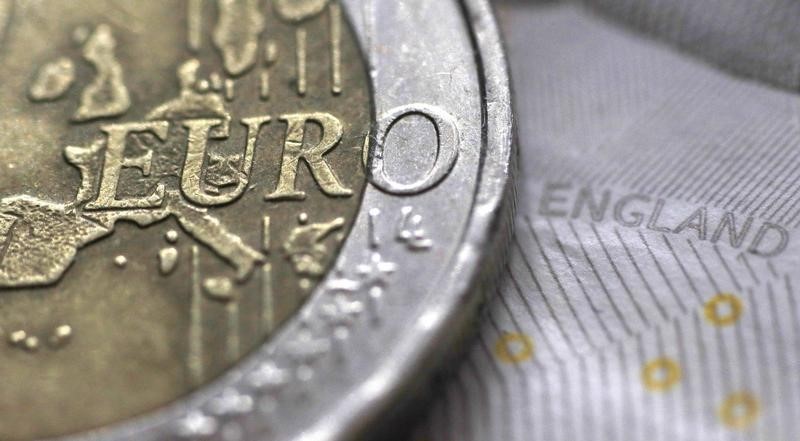PoundSterlingLIVE - Above: File photo of Olaf Scholz. Image credit: Heinrich-Böll-Stiftung, Sourced Flickr, Reproduced under CC licensing
The Pound to Euro exchange rate (GBP/EUR) hit a peak of 1.21 on Monday, which is the highest level recorded since April 2022, but has since undergone a retracement.
The gains follow a selloff in the Euro, which occurred amid German political uncertainty and expectations that the Eurozone would be particularly exposed to a second Donald Trump presidency.
"The USA is Europe’s largest trading partner. The Trump 2.0 era promises higher tariffs on imports into the U.S. The euro weakened sharply given the U.S. is Europe's largest export market," says Joe Tuckey, Head of FX Analysis at Argentex (LON:AGFX).
GBP/EUR spiked to a new multi-month best at 1.2103 on Monday, and the EUR/USD started the new week by recording a 0.54% dip to close at its lowest level since April at 1.0649.
GBP/EUR has pulled back from the highs by the time of writing on Tuesday, hinting that some technical resistance might be layered around 1.21, arguing for some near-term consolidative trade.
The driving force in GBP/EUR at present seems to be the weakness in the EUR, which will remain vulnerable to the 'Trump trade'.
"European countries are potentially most vulnerable to Trump's tariffs and reshoring," says Julian Jessop, an independent economist and an IEA Economics Fellow.
"Trump's inauguration is not until late January 2025, and details of the new, higher tariffs are still some way off, but markets are eager to jump on this as a negative theme," says Tuckey.
Also, uncertainty about Germany's political stability are rising, with current Chancellor Olaf Scholz under pressure to call a snap election before year end.
This is after his ruling coalition effectively collapsed last week after he fired the finance minister.
The uncertainty could not come at a more inopportune time, with the economy in a period of stagnation and the prospect of a trade war with the U.S. rising.
Disagreements and lack of policy cohesion in Germany can be seen as a general headwind for the euro, as France also grapples with its budget. Will German corporates see this as a headwind to activity or will business confidence be raised in hopes for meaningful policy changes? Time will tell, but for now euro sentiment remains heavy, with little sign of this changing any time soon," says Tuckey.
An original version of this article can be viewed at Pound Sterling Live
